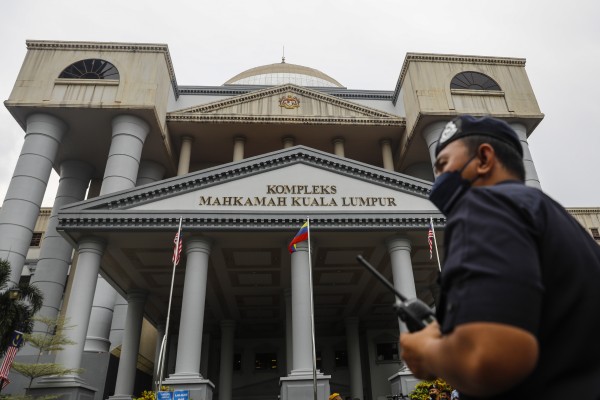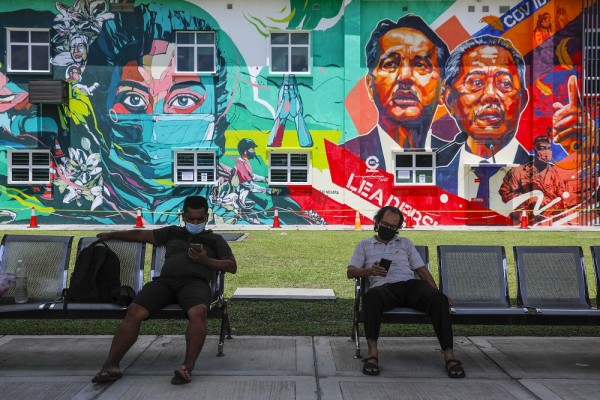His Excellency Dato’ Seri Dr. Mahatir Mohamad
Prime Minister
Prime Minister’s Department
Jalan Dato’ Onn
Kuala Lumpur
Malaysia
Vienna, 12 January 2000
Your Excellency,
The International Press Institute (IPI), the global network of editors and media executives, is most concerned about the continued harassment of five Malaysian newspapers, including the opposition bi-weekly, Harakah, whose editor was today charged with sedition.
We understand that the five private publications – Harakah, Detik, Wasilah, Tamadun and Eksklusif – may have their publishing permits cancelled by the Ministry of Home Affairs, a move which could lead to their closure, in an apparent crackdown on pro-opposition newspapers following last November’s bitterly-contested general elections. Under the Printing Presses and Publications Act, newspapers are required to renew their publishing licences annually.
On 24 December 1999, the Home Ministry accused Harakah, which is published by the Islamic Party of Malaysia (PAS), of ignoring the terms of its publishing licence by selling to non-party members and announced that it must limit its sales to party members only by 8 January. This followed the Ministry’s prohibition of the sale of the newspaper at news-stands on 22 December. IPI is now informed that Harakah’s editor, Zulkifli Sulong, was charged with sedition on Wednesday, 12 January, over an August 1999 article and that an executive who holds Harakh’s printing permit was also charged under the Sedition Act. Zulkifli Sulong, who was released on bail, said that he would plead not guilty.
On 22 December, the Ministry announced that it was necessary “to investigate thoroughly” the case of another pro-opposition publication, the fortnightly Detik, before renewing its publishing permit. Three editions of Detik, which allegedly broke the terms of its licence by failing to inform the Ministry of the appointment of its new chief editor, have failed to appear since December due to “administrative slowness” in the renewal of its licence.
On 24 December the Ministry also warned Detik’s sister publication, the monthly Wasilah, that it could face sanctions if it did not abide by the terms of its licence. Wasilah was ordered to publish its full name – Al Wasilah – as stipulated in its permit. Another monthly, Tamadun, was warned against supporting opposition parties. Finally, two weeks after November’s elections, the weekly tabloid Eksklusif received a warning letter from the authorities for “spreading rumours.”
IPI believes that the use of the Printing Presses and Publications Act to intimidate the critical voice of Malaysia’s few pro-opposition publications, which serve as a source of alternative news, is a clear violation of the right to freedom of opinion and expression, as guaranteed by Article 19 of the Universal Declaration of Human Rights. We therefore urge you to ensure that all newspapers are permitted to publish freely in Malaysia and that the Printing Presses and Publications Act is repealed.
We thank you for your attention.
Yours sincerely,
Johann P. Fritz
Director


